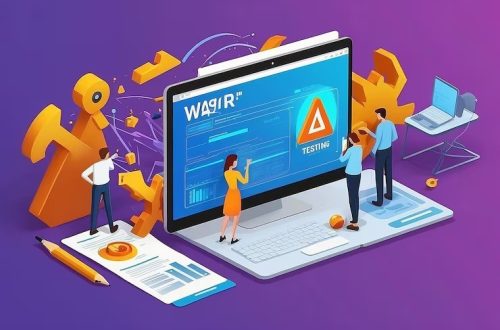Blockchain technology, initially introduced as the backbone of Bitcoin, has since evolved into a revolutionary force with the potential to transform various industries best presale crypto. At its core, blockchain offers a decentralized and transparent method of recording transactions, making it immutable and highly secure. This unique technology has already begun reshaping sectors such as finance, supply chain management, healthcare, and more.
What is Blockchain?
Blockchain is a distributed ledger technology that allows digital information to be recorded and distributed but not edited. This technology enables the creation of a permanent, transparent, and secure record of transactions, reducing the risk of fraud, tampering, and downtime.
Key Features of Blockchain
- Decentralization: Unlike traditional databases that are controlled by a central authority, blockchain operates on a decentralized network of computers (nodes). This ensures that no single entity has control over the entire system, making it resistant to censorship and manipulation.
- Transparency and Immutability: Transactions recorded on a blockchain are transparent and immutable, meaning they cannot be altered retroactively. This feature ensures trust among parties, as each transaction is permanently recorded and easily verifiable.
- Security: Blockchain uses cryptographic techniques to secure transactions and control access to information. Each transaction is linked to the previous one, creating a chain of blocks (hence the name “blockchain”) that is resistant to modification.
- Smart Contracts: Blockchain can execute smart contracts, which are self-executing contracts with the terms of the agreement directly written into code. These contracts automatically enforce and verify themselves, reducing the need for intermediaries and streamlining processes.
Applications of Blockchain
- Finance and Banking: Blockchain has the potential to revolutionize finance by enabling faster and cheaper cross-border payments, reducing fraud, and improving transparency in financial transactions.
- Supply Chain Management: Blockchain can provide transparency and traceability throughout the supply chain, reducing fraud and ensuring the authenticity of goods.
- Healthcare: Blockchain can securely store and share patient records, ensuring privacy and reducing medical fraud.
- Real Estate: Blockchain can streamline property transactions, reduce fraud, and automate contract execution.
- Digital Identity: Blockchain can provide a secure and verifiable digital identity, reducing identity theft and fraud.
Challenges and Future Outlook
Despite its potential, blockchain technology faces challenges such as scalability, interoperability, and regulatory concerns. Scalability issues arise due to the large amount of computing power required to process transactions. Interoperability refers to the challenge of making different blockchains work together seamlessly. Regulatory concerns vary by jurisdiction, with some governments embracing blockchain while others remain cautious.
Looking forward, ongoing research and development efforts are focused on addressing these challenges and unlocking the full potential of blockchain technology. As more industries recognize the benefits of transparency, security, and efficiency offered by blockchain, its adoption is expected to grow, leading to a more decentralized and interconnected digital economy.





